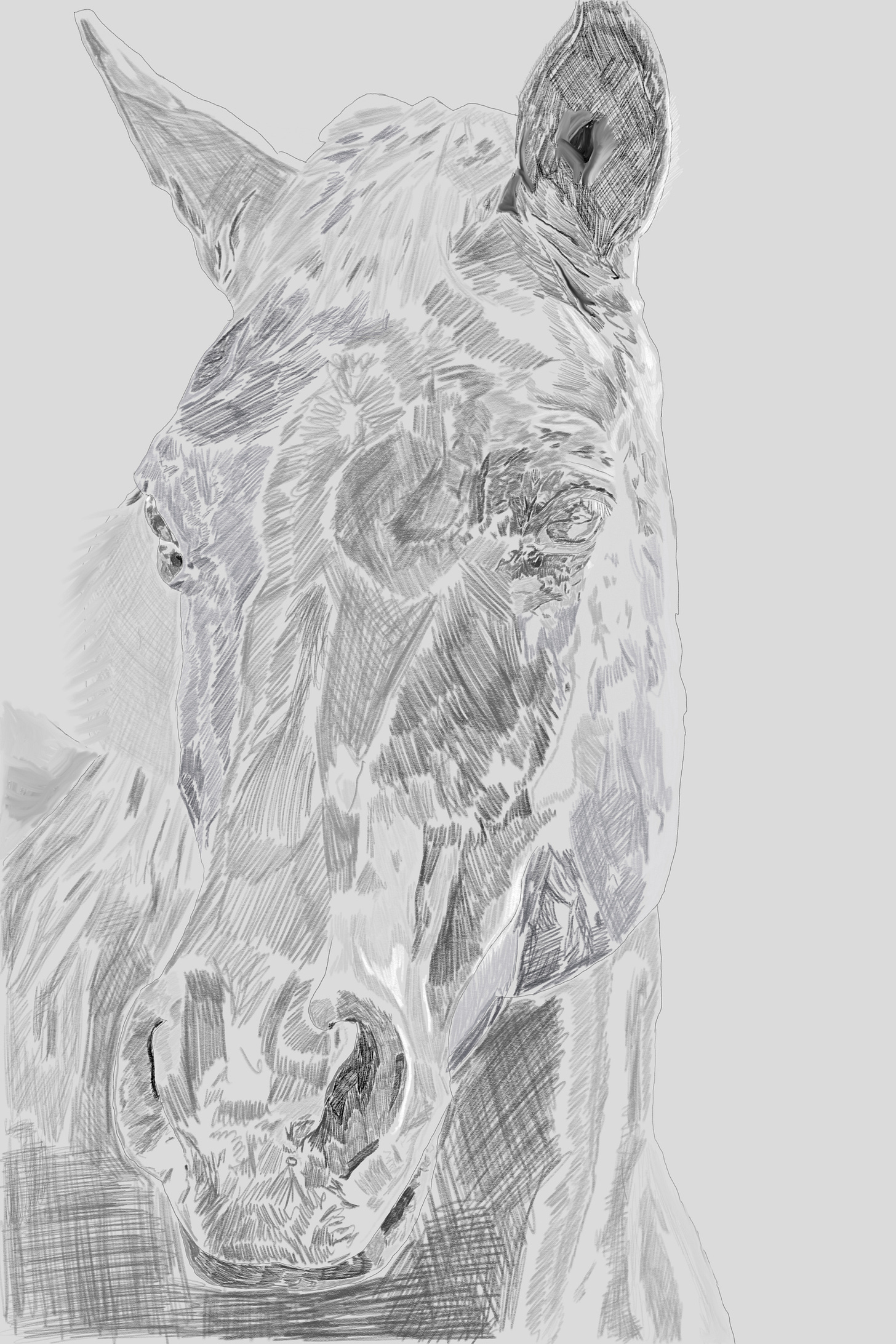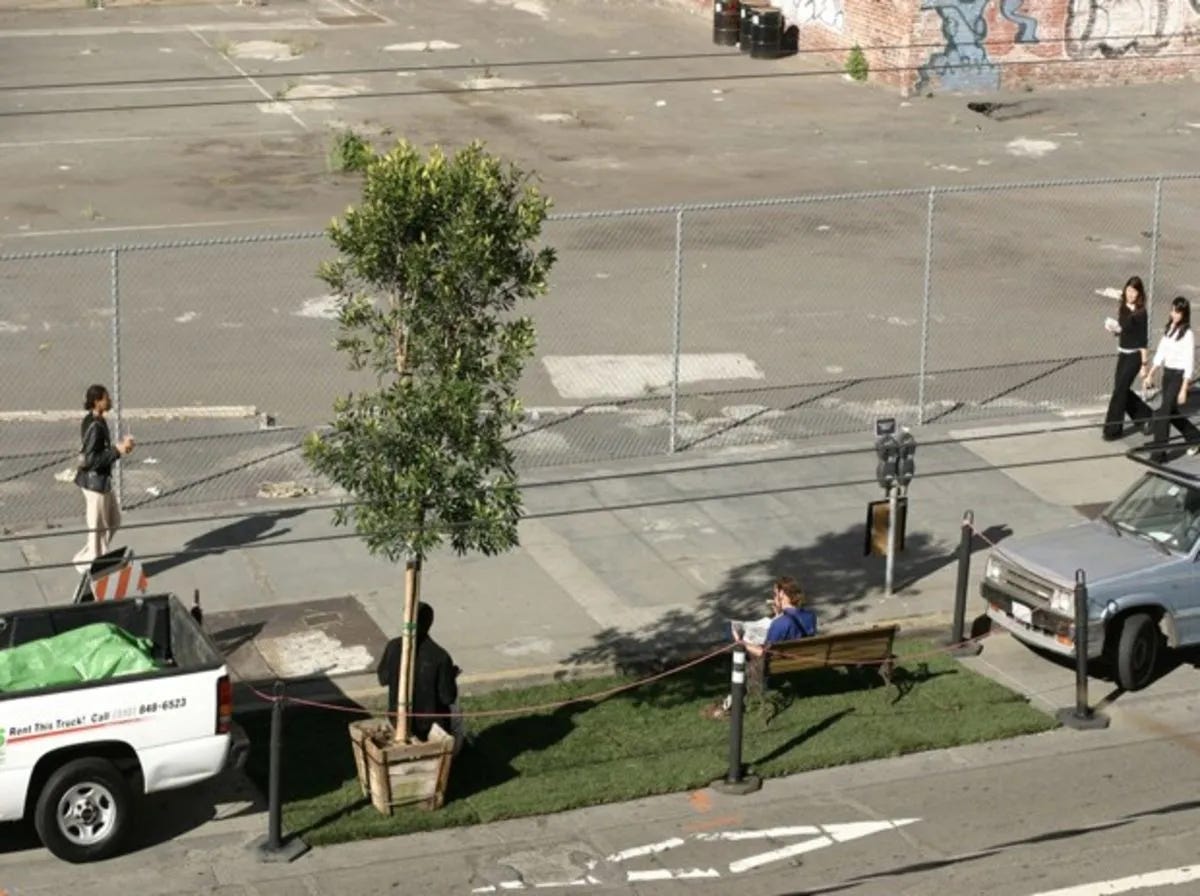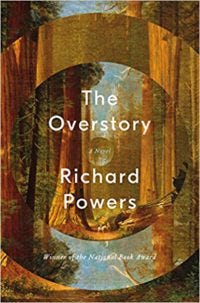Climate Reads that Inspired Me
Dear friend,
Happy Wednesday. These last few weeks have been a mess at our house. The flu has waged a dirty war, catching first my daughter, then me, now my wife in its sights. Unfortunately, between the extreme fog of war that wouldn’t allow my brain to work and trying to handle two home jobs while my wife is sick, my productivity has waned.
The quitter on my right shoulder insists I don't need to put out a newsletter this week. After all, I’m sure you’d understand if I skipped a week. The hero on my left shoulder is too busy telling that quitter to “shut your dirty mouth.” This week, I’m choosing to keep listening to the hero, even if I’m not as proud of what I’m sending. In my mind, I see you reminding me that publishing is better than perfect, so thank you all for helping me keep my inner quitter in check for another week. I’m truly grateful that you trust me with your time. I don’t take it lightly.
Since we last spoke, I’ve:
started working on an essay about why I believe our response to climate change won’t change anything. Thank you to those of you who are helping me edit it. I suspect this will be longer than a single essay.
my company, Uniquely, will be hosting an AMA this Saturday on food and healthy for children with neurodiversity or food sensitivities. We have lined up a couple of great speakers to take questions, including Dr. Lindsey Carr, DC, CACCP, IFMCP, DABCI, and Kaysie Smith, MSOTR/L, CLC. These two have combined over 20 years working with kids on feeding and health. If you’re interested in joining, you can register here.
been spending even more time thinking about designing an artisanal education. I never wanted to work on education; it felt too ossified of a system. In my mind, it was akin to shifting the department of defense. But if I can talk about one person’s education, that example might be enough.
An idea I’m continuing to think about
Last week I shared my fear that climate tech will win the battle but lose the war. The idea that climate tech, the clean transition, etc. isn’t enough has been nagging at me for a while now. My next essay will start to tell that story. I was hoping to publish my ideas today, but they’re taking longer to formulate than I had anticipated.
I did try and play with those ideas through visuals. I thought a good homage to classical political cartoons was a good place to start. I’d love to hear your thoughts.
If you’ve ever worked in the non-profit sector, you know that every non-profit needs a “theory of change.” With a good theory of change, they can go raise money to execute. It’s the how to their why. I’ve been thinking about my own theory of change for climate change, which is about more than climate change. I don’t feel like I know enough yet to say with confidence what my theory is. I believe that large system-level changes are necessary, but I’m not sure I have internalized how they happen. I’m also thinking about how to balance large systems-level change with my place in the Boyd Triangle. What I do know is that people inspire me to want to keep working on them every day. So today, I’m sharing some of those pieces that inspired me this week.
Reads that inspired me this week
Movies, Stereotypes and Myths around Wildlife
by
I wish I were even 1/10th as close to nature as Ishan is. His love of all wildlife, and his declaration that every species of wildlife is equal, really spoke to me this week. Biodiversity loss (the increasing loss of wild species which we’re experiencing as a result of human actions) concerns me as much or more than emissions. I believe we’ll kill our planet’s ability to right itself from harm if we kill off the natural world. Ishan’s piece got me thinking a lot about how to help people see the value in wild species of animals, plants, and microbes which are so important for our planet’s health.
Pair that with his piece on why Tigers and Pandas rule the conservation world, which is equally as inspiring on the same message.
Pavement to Paradise
by
atAt the start of this year, I left my job intent on starting a climate tech company. As you’ve probably figured out, I haven’t started a climate tech company. I started a food company. During that winding journey, I got really excited about land transformation as a solution to climate change. Suppose we can transform farmland through regenerative practices or permaculture. In that case, we can take a part of the economy that is responsible for 40% of our annual emissions and get it to reduce carbon and methane simply by growing the food we all want. Imagine if we rethought our cities and buildings. We could improve our own health and happiness while we provide space for wild species to exist.
I had never heard of Park(ing) day before reading Kristen’s essay, but I am definitely going to participate this year. If anyone in the Bozeman area wants to join (or if you want to come to Bozeman and help me), let’s start planning now. Maybe we can even start a week early to coincide with the first-ever Montana Ideas Festival.
Inviting Mother Nature into the Boardroom
by Cécile Marion
Cecile is on a mission to help convert more companies into purpose-led businesses. I laughed when I saw the cushion representing mother nature in the middle of a board meeting. Then I started thinking about the missing man table in the Navy chow hall and cultural norms can change quicker than we expect. I’m not with Cécile that board rooms are the right place to cultivate connection in our modern world, but that’s not the point. The point of writing this is to wrestle with ideas that challenge me to imagine alternatives to my own point of view. And this was a great thought experiment for me.
The Overstory
by Richard Powers
This is not a short read. At 612 pages, and filled with depth, this book took me a few weeks to read earlier this year. This work of fiction feels as possible, and likely, as any work of non-fiction as it puts activism and resistance right in front of us and asks how we will respond. It’s hard to read this story, filled with knowledge about the natural world and our human relationships, and not see ourselves reflected in one of the characters Powers so skilfully weaves through the story. Maybe it’s the young programmer, the psychologist, the front line activist, or the trees themselves. I couldn’t read this novel without asking myself if I’m seeing the world truthfully. I wanted to do more with my life to see reality for what it is. That’s the highest praise I can give to any work of fiction. Go read this novel.
What do you think? What resonated in this week’s edition? I’d love to hear from you.
Until next week, have an intentionally wonderful week.
Latham







Published > perfection
Overstory has been on my list for some time. Now I've definitely gotta read it!